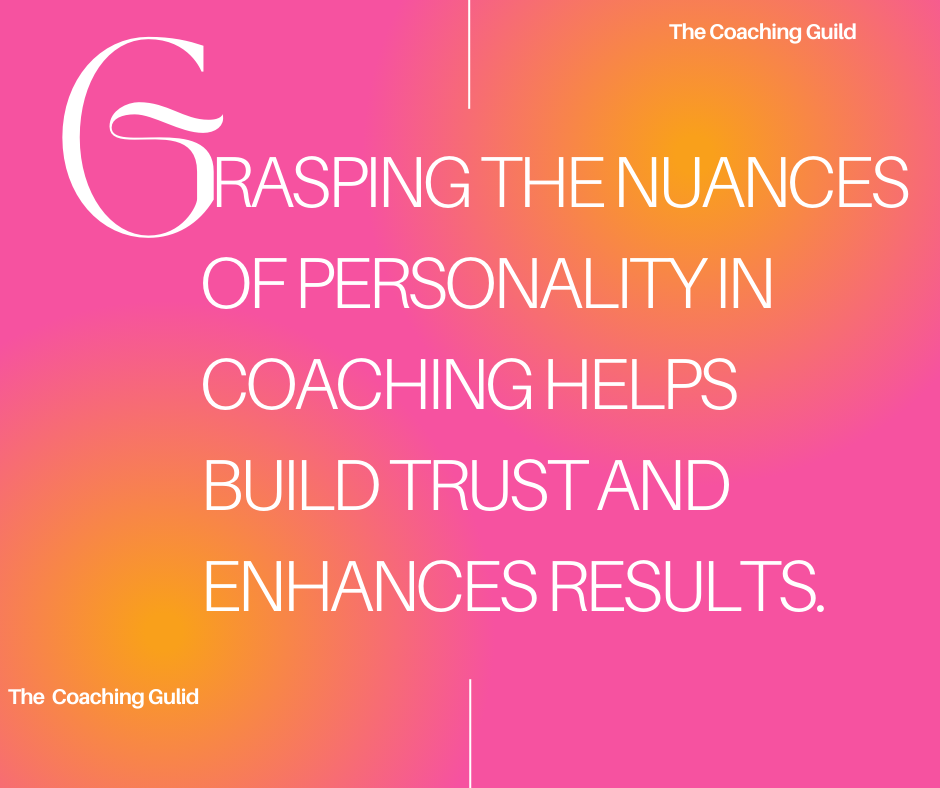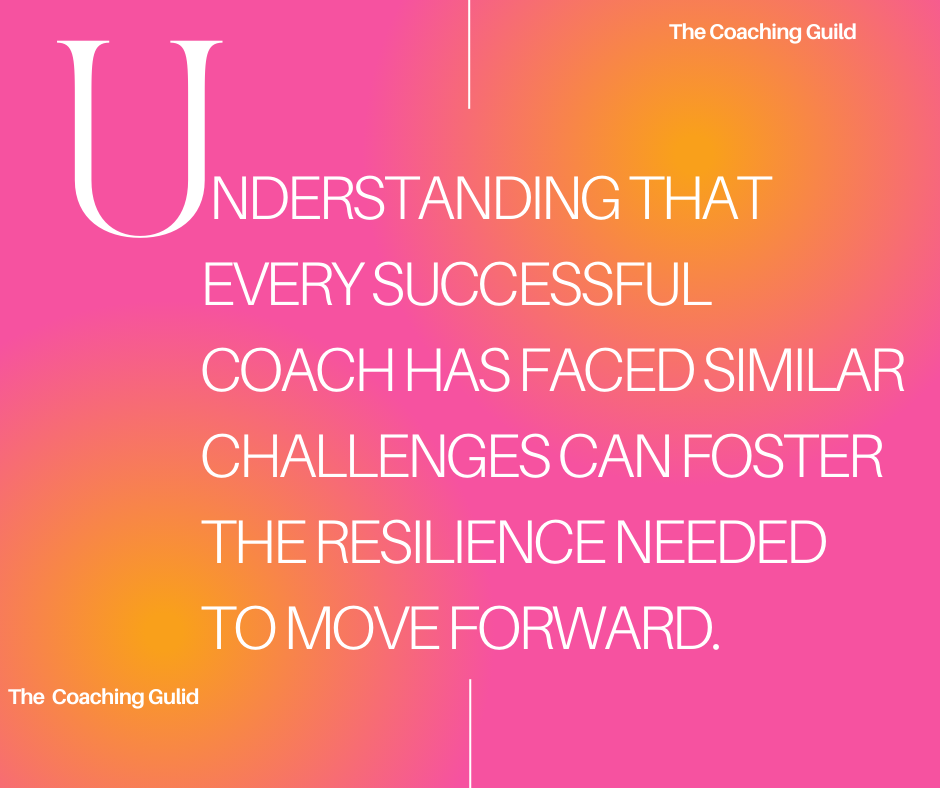Unlocking the Power of Professional Coaching: A Journey Beyond Personal Experience
Why professional training is essential for navigating diverse client needs and achieving coaching success
Are You Ready to Coach but Think You're Not Ready Enough?
Let’s get real. In the coaching industry, anyone can hang up a shingle and call themselves a coach. Many rely solely on their personal experiences to build their practice, and some even find success doing it. But what happens when a client comes in for one thing and ends up needing something entirely different? That’s when relying on a narrow pocket of personal experience can leave you stranded—and your client underserved.
Relying on personal experience or the shiny glimmer of a perfect personal life lowers your chances of success and can even harm your clients.
Without comprehensive training, you’re limited to what you’ve personally been through or your “shiny perfect life” highlight reel. This can create blind spots and make it difficult to adapt when a client’s needs evolve. If you don’t get beyond that way of working, it’s going to be harder than it needs to be to build a diverse and sustainable coaching practice.
A Story from the Trenches Imagine this:
You are an expert career coach - in your own career, you have navigated several career transitions with ease, coming out way ahead of your peers every single time.
A client comes to you for career coaching, seeking guidance on how to transition to a new job. A few months in, they experience a major life upheaval— out of the blue, her husband asks for a divorce. Now, your client needs support navigating a massive relationship transition, dealing with emotional stress, and managing a career move simultaneously.
If your coaching is based solely on your personal career transition experience, you’re out of your depth. This is where comprehensive training makes all the difference, enabling you to pivot and provide the support your client truly needs.
Think You Can’t Coach Because You Don’t Have It All Together?
That is another reason relying on personal experience is like coaching with one hand tied behind your back. Many potential coaches are held back by the fear that they need to have their act perfectly together before they can help others. This happens when you feel like your life and life experience are the only things you have to offer your clients regarding expertise.
Unlock Your Potential with the Right Training
Training at The Coaching Guild isn’t your average cookie-cutter program. We’re here to nurture the dreamers, artists, creatives, outsiders, rebels, and good troublemakers. Our multi-instructor, multi-disciplinary approach prioritizes innovative foundational coaching skills and marketing training that equips you to handle a diverse range of clients and situations with confidence.
Why The Coaching Guild?
We celebrate and harness your unique experiences while giving you the robust training needed to expand beyond them.
Our program is designed to make you versatile, adaptable, and effective in any coaching scenario.
You’ll join a community of like-minded rebels who are transforming lives and breaking the mold of traditional coaching.
Ready to See What's Possible?
If you're tired of the same old coaching programs and want training that's as unique and rebellious as you are, hit me up. Let's have a no-pressure, no BS, no sales funnel conversation about what coaching could look like for you.
If you are interested in coach training done very differently, hit me up for a no-pressure, no BS, no trip, and fall into a sales funnel conversation. Let's talk about what's possible for you as a coach.


